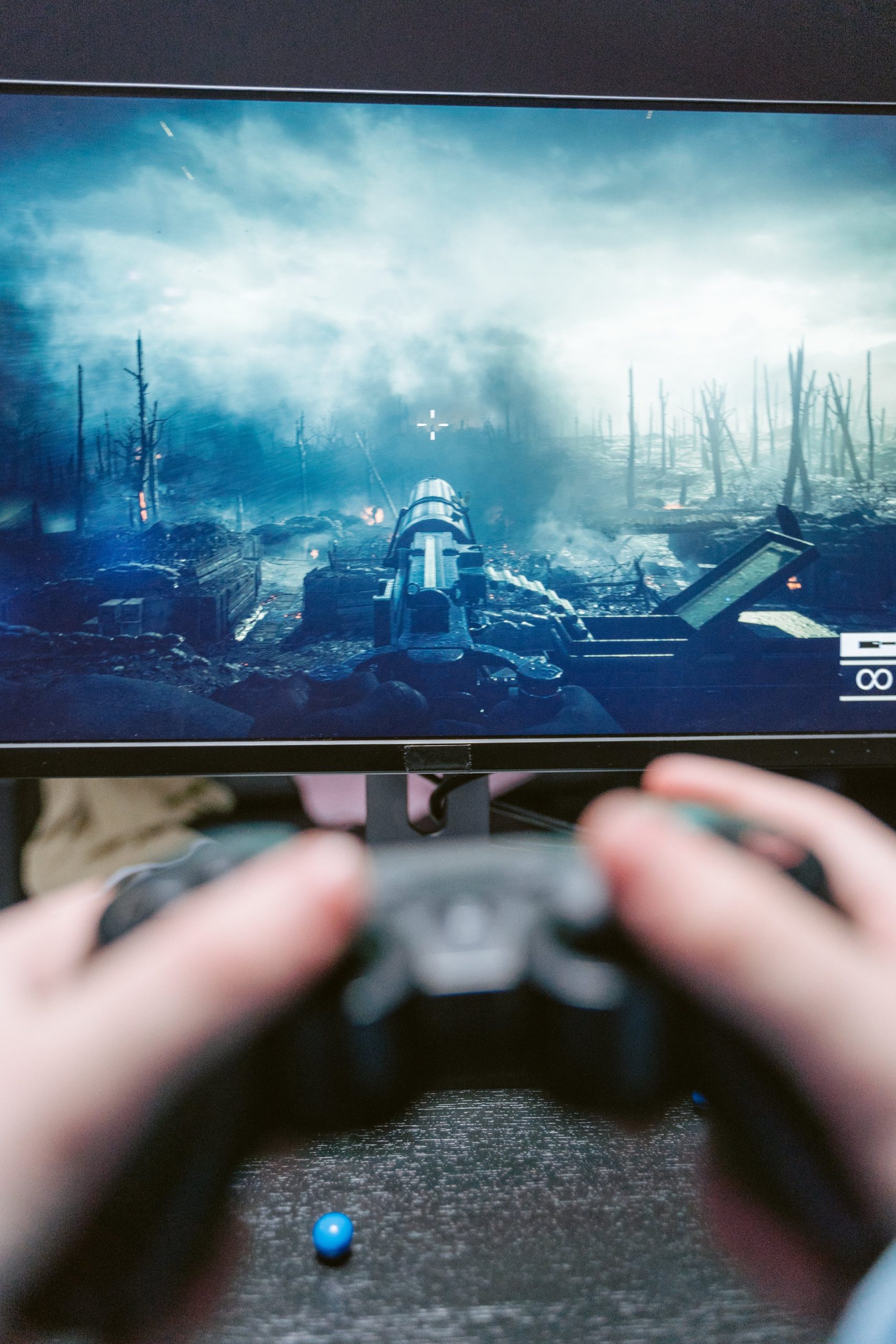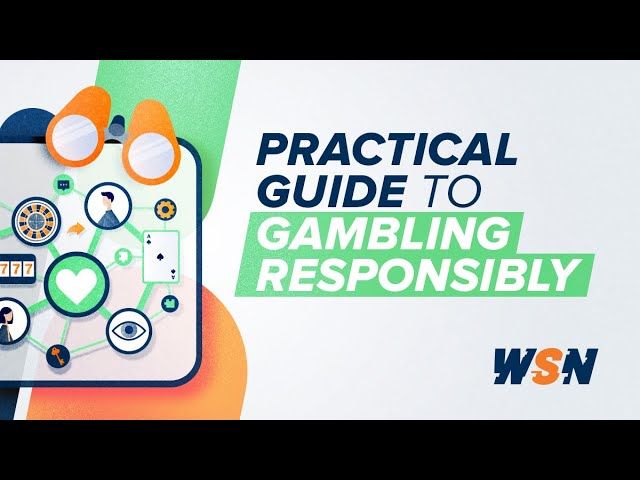In today’s digital age, the rise of online gambling has made it easier and more accessible for people to place bets and play games of chance. While gambling can be a fun and entertaining pastime for many, it can also lead to addiction for some individuals. Gambling addiction, also known as compulsive gambling or gambling disorder, is a serious mental health condition that can have devastating consequences on a person’s life and relationships.
What is Gambling Addiction?
Gambling addiction is a behavioral addiction characterized by the compulsive need to gamble, despite negative consequences. People with gambling addiction may experience a loss of control over their gambling habits, leading to financial problems, strained relationships, and other negative impacts on their lives. Like other forms of addiction, gambling addiction can be both psychologically and physically addictive, making it difficult for individuals to stop gambling even when they want to.
Signs and Symptoms of Gambling Addiction
There are several signs and symptoms that may indicate a gambling addiction. Some common signs of gambling addiction include:
Preoccupation with gambling
Increasing the amount of money spent on gambling over time
Attempting to recoup losses by gambling more
Lying to family and friends about gambling habits
Experiencing withdrawal symptoms when not gambling
Neglecting responsibilities at work, school, or home
If you or someone you know is experiencing these symptoms, it may be a sign of a gambling addiction and it is important to seek help.
Seeking Help for Gambling Addiction
Overcoming a gambling addiction can be challenging, but with the right support and treatment, it is possible to regain control of your life. Here are some steps you can take to seek help for gambling addiction:
1. Acknowledge the Problem
The first step in overcoming a gambling addiction is acknowledging that there is a problem. It can be difficult to admit that you have a problem with gambling, but accepting the reality of the situation is the first step towards recovery.
2. Reach Out for Support
It is important to reach out to friends, family, or a mental health professional for support. Talking to someone about your gambling addiction can help you feel less isolated and more motivated to seek help.
3. Consider Therapy
Therapy can be a valuable tool in overcoming a gambling addiction. Cognitive-behavioral therapy (CBT) and other evidence-based therapies can help you identify and change negative thought patterns and behaviors that contribute to your gambling addiction.
4. Attend Gamblers Anonymous Meetings
Gamblers Anonymous is a support group for individuals struggling with gambling addiction. Attending meetings and connecting with others who understand what you are going through can provide valuable support and encouragement on your journey to recovery.
5. Practice Self-Care
Taking care of yourself physically, emotionally, and mentally is important in overcoming a gambling addiction. Engage in activities that bring you joy and relaxation, such as exercise, meditation, or spending time with loved ones.
Conclusion
Gambling addiction is a serious mental health condition that can have devastating consequences on a person’s life. If you or someone you know is struggling with a gambling addiction, it is important to seek help and support. By acknowledging the problem, reaching out for support, and seeking treatment, it is possible to overcome a gambling addiction and regain control of your life. Remember, you are not alone and help is available.
If you or someone you know is struggling with a gambling addiction, please reach out to a mental health professional or contact the National Problem Gambling Helpline at 1-800-522-4700 for confidential support and resources.


